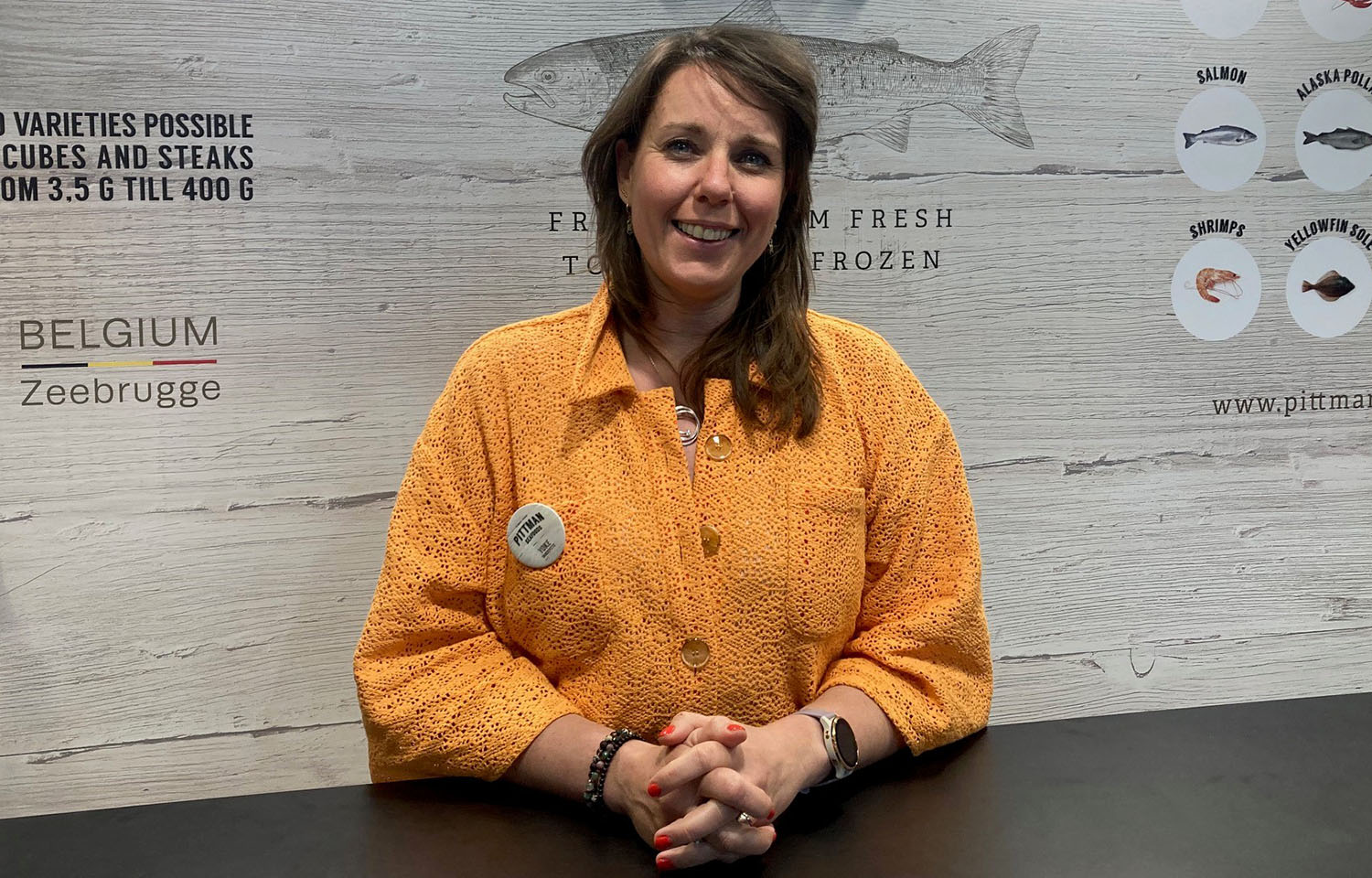More than 10 percent of the staff at Pittman Seafoods are fully dedicated to ensuring the Zeebrugge, Belgium-based company’s products meet high standards.
In addition, Pittman Seafoods CEO Yoke Vandepitte said she often has to hire consultants to help with the work.
“I would not use the word unreasonable, but it is a lot for a company of our size,” Vandepitte told SeafoodSource at the 2024 Seafood Expo Global, which took place 23 to 25 April in Barcelona, Spain. She named environmental, social, and governance (ESG) compliance as the top challenge currently facing her company.
Even though the frozen seafood specialist has won the Marine Stewardship Council’s Best Belgium Supplier award for the past two years running, compliance with the complex web of seafood standards in the marketplace is getting increasingly difficult, according to Vandepitte.
“For us, sustainability is not a question, it's just a habit. But, what we see is the U.S. and European Union, and also our customers, asking more and more questions about sustainability. With practically everything around sustainability, there is no real standard set on how to report or how to calculate, whether its CO2 footprint or many other things, so that it’s not a greenwashing but a real calculation,” she said.
In general, seafood-focused certifications including International Featured Standards (IFS), Aquaculture Stewardship Council, and MSC standards are clear and straightforward. What complicates the situation it is a growing range of other issues factoring into corporate ESG compliance that are difficult to measure, or at least to measure in a fair and even way across the industry, Vandepitte said.
“There is no one platform that everybody is connected to,” she said. “We need to speak the same language on sustainability.”
Vandepitte called for access to a clear database of publicly available ESG-related information and a standardization of the qualifications for what buyers are looking for, specifically on metrics.
“To us, it's still not clear what the market needs,” she said. “The bottleneck is there.”
Vandepitte also said she hoped for more stability on seafood pricing, as rapid rises in pricing for a number of species – especially salmon, which makes up around 30 percent of the company’s total sales – has had a deleterious impact on business.
“Price stability is always something that the market needs,” she said. “At the end of the day, the price is what it is, but the price needs to be defended. If costs are going up, somebody needs to pay for that. I think stability is always the nicest thing in a market; then, you can really work long term.”
The company’s turnover was around EUR 50 million (USD 54 million) in 2023 – the same as it was in 2018. Like many seafood firms, Pittman experienced a boom during Covid but a recent regression back to a more stable, consistent business.
“Business is okay – not on the extreme high side but also not on the extreme low,” she said. “We are in the frozen business, which means we have a lot of long-term contracts, and it's our responsibility and our job to close the contracts on the right timing with our customers. So, we are not really driven by the [pricing] peaks that are arriving today.”
Vandepitte said the main trends she’s seeing in the marketplace are ...








